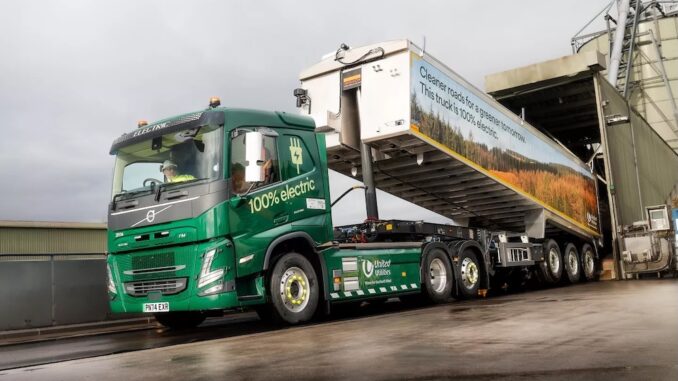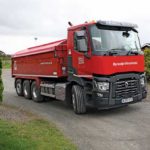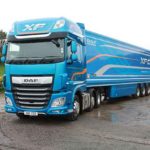
Type in sewage and water companies and you’ll find a raft of stories about polluted waterways, angry campaigners and a political environment trying desperately to navigate the poo-filled choppy waves without getting wet or worse, writes Peter Brown.
Top of the list for aggrieved campaigners is United Utilities, responsible for water and wastewater services in the northwest of England, and serial payer of dividends to shareholders while it shleps wastewater into Lake Windermere (other waterways are also used).
United Utilities’ vitals are significant as it supplies about 1.8 billion litres of water every day.
Water is collected mostly from reservoirs in the Pennines and the Lake District, but it also extracts water from Lake Vyrnwy in Wales for customers in Merseyside and Cheshire, and the rest is taken from the River Dee, boreholes and streams.
It collects and treats wastewater from three million homes and 200,000 businesses between Carlisle and Crewe.
Haweswater reservoir holds more than 84,800 million litres of water, the business operates more than 79,000 kilometres of wastewater pipes to move wastewater from sewers to one of its 584 wastewater treatment works.
And it’s this latter point that is creating the negative press.
While trying to counter its perceived record of sewage dumps with a social media campaign based on ‘localism’, it also has to justify price hikes designed to pay for maintaining and improving its creaking infrastructure.
So, news that it is repurposing effluent (also known as poo, excrement, faeces, crap, stools, arsebiscuits) to power four electric heavy goods vehicles has to be seen as a positive.
United Utilities is part of a £100 million + ‘Electric Freightway’ project led by GRIDSERVE and funded as part of the Department for Transport and Innovate UK backed Zero Emission HGV and Infrastructure Demonstrator programme.
It, alongside Sainsbury’s, Amazon and Royal Mail, is taking part in a project designed to reshape how goods are transported across the UK and accelerate the transition to battery powered electric HGV vehicles by kick-starting the introduction of an eHGV charging network.
The four poo-powered e-motors will be based at the United Utilities’ Bioresources Centre in Manchester, where they are used to transport sewage sludge, a by-product of sewage treatment, from other wastewater treatment facilities across the North West for processing at the Davyhulme site.
Charging will be done at Davyhulme using the renewable electricity which is produced on site from the processed sewage sludge.
Tom Lissett, bioresources and green energy director at United Utilities explained: “This is a really exciting development and an important step towards our net zero carbon targets.
“A lot of people don’t realise that at the end of the wastewater treatment process we are left with a sludge which is used to generate renewable energy. We call this ‘black gold’ because of the renewable energy we can release when it is processed.
“Using the vehicles to collect the sludge and then using the clean energy it generates to charge their batteries is a great way of maximising the potential of that resource. We’ve recently trialled one electric HGV so we know it is a good solution for us.”
The biogas generated in the anaerobic digestion process goes to a combined heat and power unit where it is converted into 100% renewable energy which will be used to power the HGV charging points.




